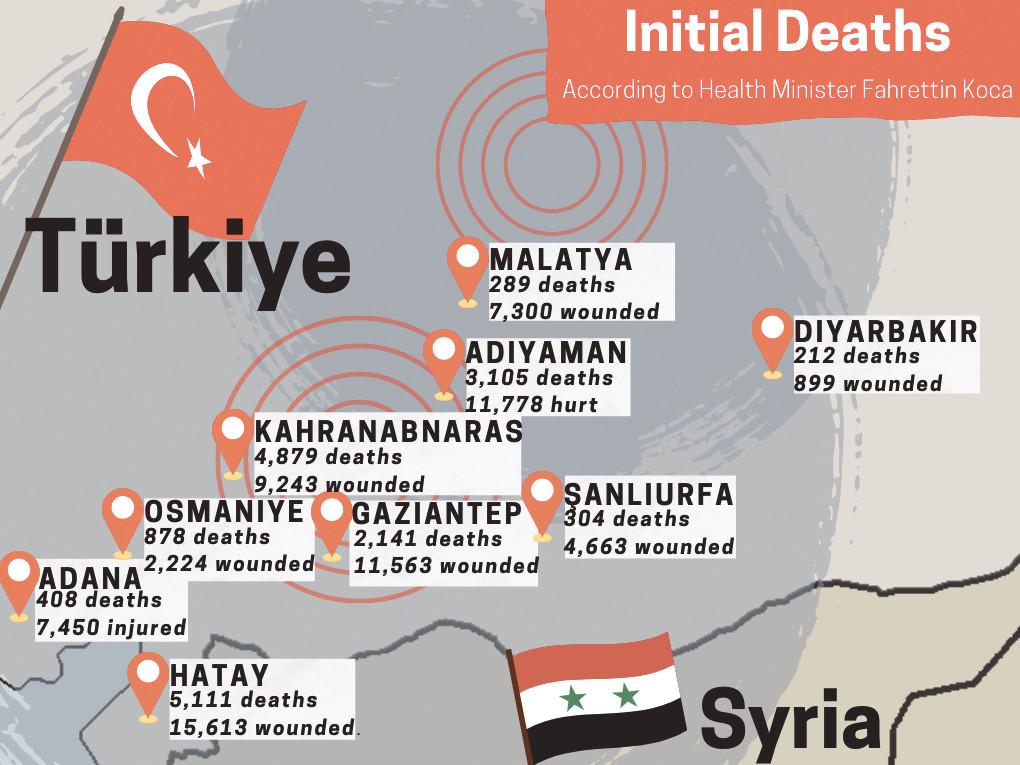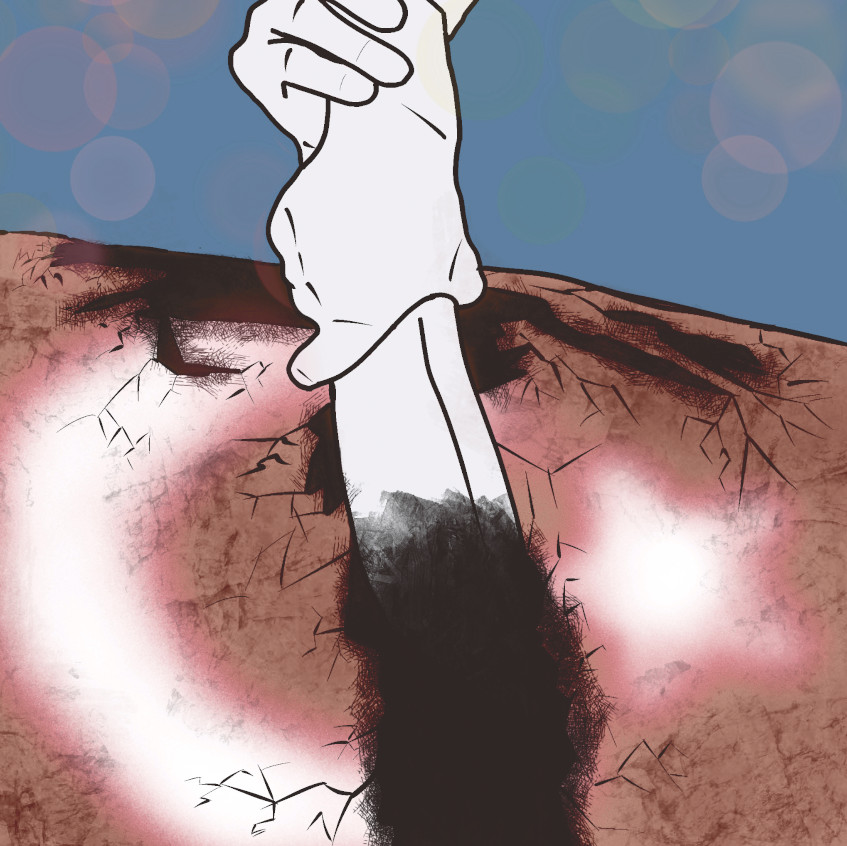Over 50,000 lives have been lost in the earthquakes that hit Syria and Turkey, but members of the Turkish Student Association and faculty are working hard to send aid for rescue and recovery.
Cries for help woke the world on Feb. 6 as the deadliest seismic disaster in Turkish history took thousands of lives in just a few moments. When news reached the U.S., Ebru Cankaya, a UTD computer science professor and Turkey native, was forced to relive the nightmare that had taken her friend and 17,000 more on Aug. 17, 1999.
“I just relived all those bad memories about having lost a friend so suddenly to a huge earthquake again,” Cankaya said, “We were so deeply impacted by what has happened. People have lost lives, those who survived lost everything except their life, but [now] they need to start over everything.”
In the dead of night, two earthquakes rating at a 7.8 magnitude struck the East Anatolian Fault, which lies along the border of Turkey and Syria resulting in over 7,930 aftershocks and mass destruction to heritage sites and homes alike. It is the deadliest seismic disaster in Turkey recorded in modern history, killing more than 43,000 Turkish people. Many lost their lives to hypothermia during a winter storm that prevented efficient rescue operations. It is estimated 13.5 million people have been affected or displaced by the earthquakes, and tens of thousands of people are still missing nearly three weeks after the initial disaster.
Senior finance major Betul Dogan, the vice president of the Turkish Student Association — or TSA — shares her grief for friends that barely survived the devastation.
“A lot of my friends’ families were there, and they were affected devastatingly,” Dogan said, “They’ve been trying to reach out to them, but there’s no phone connection. It was a hard time for them and also for us too, and not being able to be there and help them physically is really devastating too. We were pretty sad about that, but we’re trying to do everything that we can to help them.”
On Feb. 13, the TSA, which formed this semester, began fundraising on campus to help provide support and aid. With only 15 members, the TSA raised nearly $1,000, with all proceeds going to the Foundation of Anatolian People and Peace Platform, or AHBAP. TSA president and finance senior Hatice Korku said that more must be done to support survivors in the long term, but that UTD’s short term response was impressive.
“We just wanted to do something immediately,” Korku said. “We came together, and we organized this event in a very short amount of time. I was so happy to see [that] many people came, and many people [were] willing to help Turkey.”
TSA is currently planning another fundraising event as Turkey survived another earthquake two weeks after the initial tremors. While this earthquake is less deadly, all in all, the Turkish economy has lost an estimated $25 billion, with hundreds of thousands living in tents, unsure if they’ll have enough food or water to survive low temperatures and a medical supply shortage.
Despite the tragedy, Cankaya said that she hopes the people of Turkey will only grow stronger.
“I tried to see the good out of it, and what I can see is it definitely brought the people of the world together to help, regardless of their religion, where they are from, whether we are friends or foes,” Cankaya said. “Talk, speak, get together. I know students are generally living on a limited budget, but there could still be some ways we can help them. At least getting together as a community, just discussing what we can do.”
Students can donate to Turkey through nonprofit humanitarian organizations like the Red Crescent or through the Turkish government itself. Additionally, students can donate to the Syrian government or support Syrian refugees affected by the 2011 civil war, who have received far less humanitarian aid.






